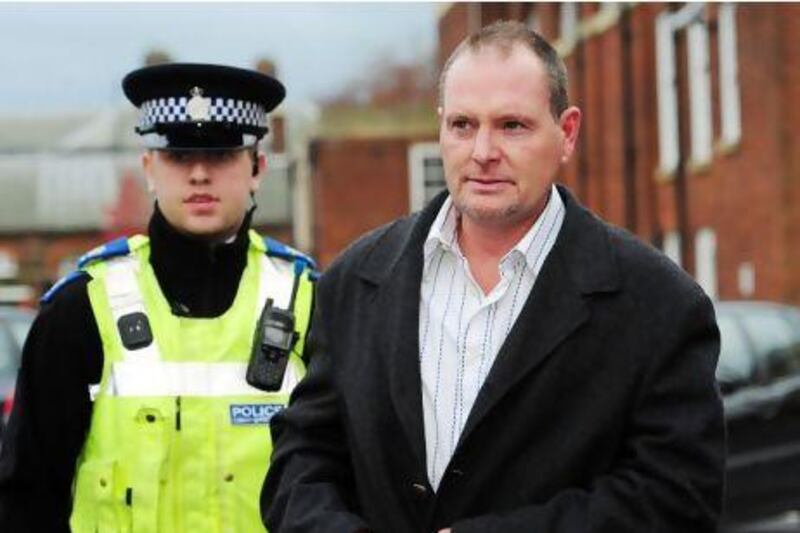I had not been in the England international set-up long and was still finding my way, keeping my head down and getting to know people.
My teammate Paul Gascoigne saw things differently. He crept up behind me in a public area of a hotel and pulled my pants down. It was very puerile, very embarrassing and, to the people there, very funny. I could not get revenge because it was Gascoigne. It's what he did.
He was the life and soul of any group he was in. On a coach after one game, he suddenly announced that sleeping pills did not work and, to prove his point, took some. After a while, he started falling asleep. He was fighting it, saying, "I'm not going to sleep."
Just after he fell asleep, someone screamed "GAZZA!" to wake him. He jumped up and saluted, like he was on a military parade.
Gazza was a crazy, lovely, guy. We'd stay in beautiful hotels, where we had to wear team tracksuits or smart suits. Gazza would come down for breakfast in his dressing gown and slippers.
He would mimic our manager, Glenn Hoddle, in training to the point of distraction. Hoddle liked you to do things his way and he had a series of stretches which we all had to go through.
Gazza would stand behind Hoddle and exaggerate his stretches. Stupid, but funny.
Not for the first time, it's horrible seeing the problems that Gazza faces. He is in an American clinic for alcohol treatment.
I hope it works for him; I'm not sure it will.
He has had problems throughout his life and the hangers-on he always attracted didn't help.
Gazza couldn't say no to them, couldn't see the difference between them and real friends who were not "yes" men. He was so generous that he'd give anyone the last pound in his pocket. That is partly why he has problems now.
He was a wonderful footballer, not that it seems relevant right now. He had so much natural ability that he could change any game. He was supremely confident on the field and would talk you through a match, tell you when a pass was coming.
He was not fast, but his brain was. You could not get the ball off him in training, not only because he was so skilful, but because he was so strong. It might sound daft, but he used his arms better than any footballer, to fend off opponents and help with balance.
Had he gone to Manchester United and not Tottenham Hotspur and been mentored by Sir Alex Ferguson, he could have fulfilled that potential and been a world-class star.
Gazza is one of many ex-footballers with problems. You read about him because he was a national hero. You don't read about a mate of mine who played in the Premier League and tried to take his own life. He had problems with drink and gambling.
Again, he is not the first.
The footballing fraternity can do a lot more to help former players. The players don't want sympathy or charity, they want opportunities and help in adjusting, especially in the first two years after retirement.
You play for 20 years, become institutionalised and build up a huge bank of knowledge about a sport you love. Then, one day, someone says: "You don't have a contract anymore. Thanks for the memories. Good luck. Call us if we can help."
They are hollow words, because if you do call for a job there aren't any.
Few players see retirement coming, few are prepared when it does come. Any "help" thereafter is reactive; it kicks in when someone has a problem. Some advice six months before you retire would be more beneficial.
Players are encouraged to take coaching courses – another lucrative industry which makes money out of footballers.
I played for big clubs. I can afford the £2,500 (Dh14,400) or £5,000 fees. But players who have played at a lower level can't.
But there are few jobs in coaching, so you have this knowledge that is of little use, while all the time people are coming up to you and telling you what a great player you used to be. They don't mean harm, but it does not help.
The top players are usually fine, financially. That's if they haven't been ripped off by a financial advisor. A few have access to media work and other opportunities because of who they were, but for others, the adjustment is difficult. Divorce rates for recently retired footballers are scandalous.
Gazza is getting the help he needs and he's had a great deal in the past. But, ultimately, and this is the sadness, only he can really help himself now.
Andrew Cole's column is written with the assistance of the European football correspondent Andy Mitten.
Follow us
[ @SprtNationalUAE ]





